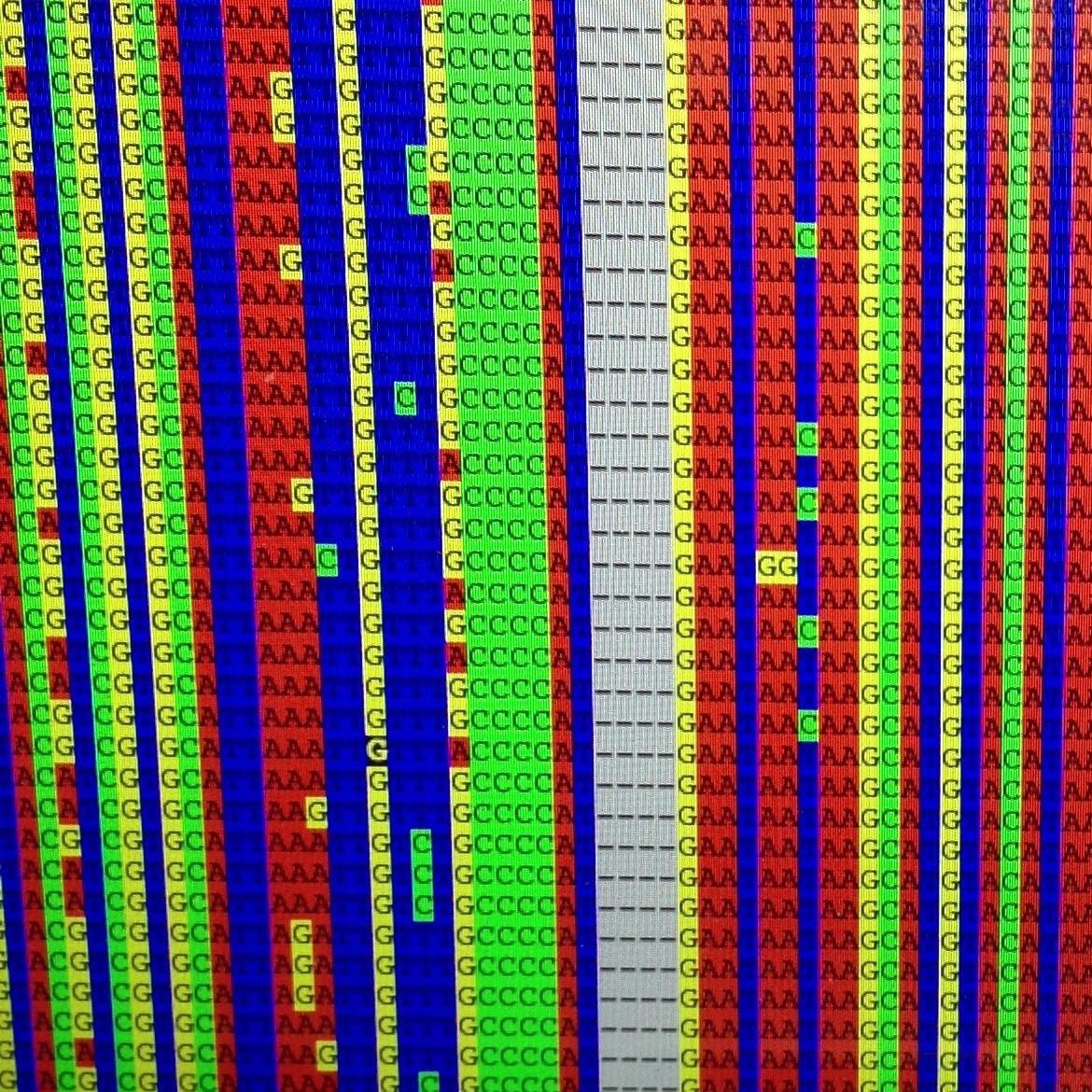
Submitted by Michela Leonardi on Wed, 10/03/2021 - 10:56
It is now out in BMC Bioinformatics the paper describing mtDNAcombine, an R package to combine mitochondrial sequences from multiple studies. In the right column are linked a few resources to familiarise with it.
Eleanor F. Miller, Andrea Manica (2021) mtDNAcombine: tools to combine sequences from multiple studies BMC Bioinformatics 22, 115
Abstract
Background
Today an unprecedented amount of genetic sequence data is stored in publicly available repositories. For decades now, mitochondrial DNA (mtDNA) has been the workhorse of genetic studies, and as a result, there is a large volume of mtDNA data available in these repositories for a wide range of species. Indeed, whilst whole genome sequencing is an exciting prospect for the future, for most non-model organisms’ classical markers such as mtDNA remain widely used. By compiling existing data from multiple original studies, it is possible to build powerful new datasets capable of exploring many questions in ecology, evolution and conservation biology. One key question that these data can help inform is what happened in a species’ demographic past. However, compiling data in this manner is not trivial, there are many complexities associated with data extraction, data quality and data handling.
Results
Here we present the mtDNAcombine package, a collection of tools developed to manage some of the major decisions associated with handling multi-study sequence data with a particular focus on preparing sequence data for Bayesian skyline plot demographic reconstructions.
Conclusions
There is now more genetic information available than ever before and large meta-data sets offer great opportunities to explore new and exciting avenues of research. However, compiling multi-study datasets still remains a technically challenging prospect. The mtDNAcombine package provides a pipeline to streamline the process of downloading, curating, and analysing sequence data, guiding the process of compiling data sets from the online database GenBank.
